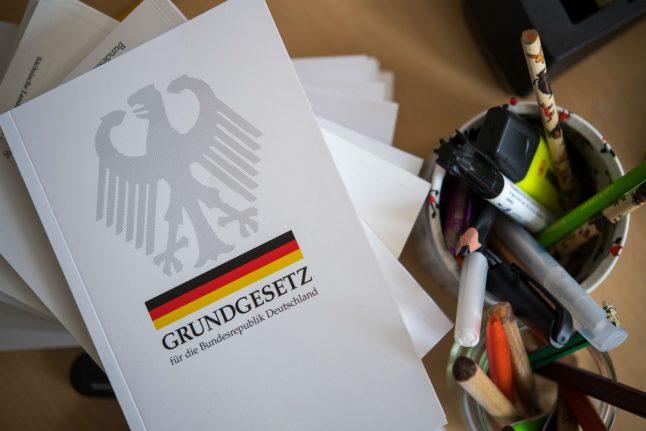It appears French president François Hollande’s declaration made just three days after terrorists killed 130 people in Paris was a spur of the moment announcement made to appeal to an angry public.
The move to strip dual nationals of their French citizenship was set to be part of a series of measures announced to parliament that would have resulted in a change of the constitution.
But on Tuesday it emerged that the government has decided to drop the move because it was proving a divisive measure, according to reports.
Any constitutional change requires a two-thirds majority in parliament.
But the idea of removing citizenship in cases where an individual, even when born in France, is found guilty of acts that “constitute an attack on the fundamental interests of the nation or… an act of terrorism” is not guaranteed to win enough support.
Several politicians on the left have spoken out against the idea in recent days and even French PM Manuel Valls said “stripping someone’s nationality is not a weapon against terrorism”.
Many on the left criticised the move for being purely symbolic.
Former minister Cecile Duflot saying the measure was “an ideological gift to the National Front”, who along with the right had been demanding France change the law to allow passports to be taken from those who “break from the values of the Republic.”
Now it appears the policy will not make the final cut.

“The Elysée has realised that it will create a schism not just in the Socialist Party but throughout the whole of the left,” said MP Benoit Hamon of the decision to drop the plan.
France already has laws that allow authorities to strip citizenship from those convicted of terrorism offences if they have become naturalized French in the preceding 15 years, but not for those born here..
The government has not been afraid to use them.
In October, Interior Minister Bernard Cazeneuve requested that five “terrorists” be stripped of their
nationality.
And in September a Moroccan-born jihadist was stripped of his French nationality and sent back to his country of birth because he posed a serious threat to national security according to the government.
So without the plan to strip citizenship from those born in France the controversial reform of France’s constitution will only feature the inclusion of new rules on states of emergency.
Hollande announced a state of emergency immediately after the terror attacks.
It was due to last for 12 days but MPs voted unanimously to extend it.
To date, the measure — which gives police the power to carry out raid sand arrests without judicial oversight — has not not featured in the constitution – only in a separate law that has rarely been used.




 Please whitelist us to continue reading.
Please whitelist us to continue reading.
Member comments